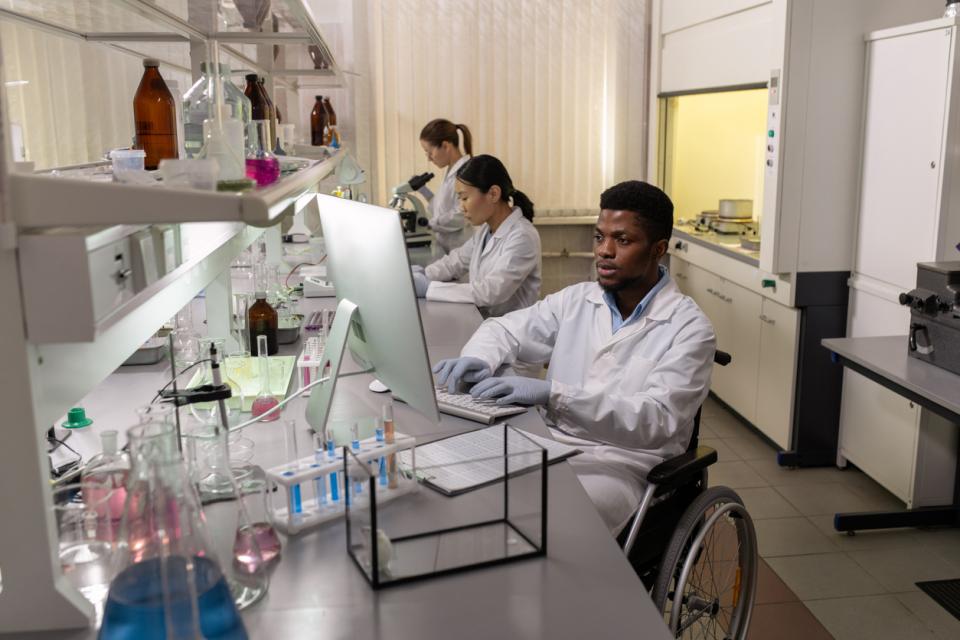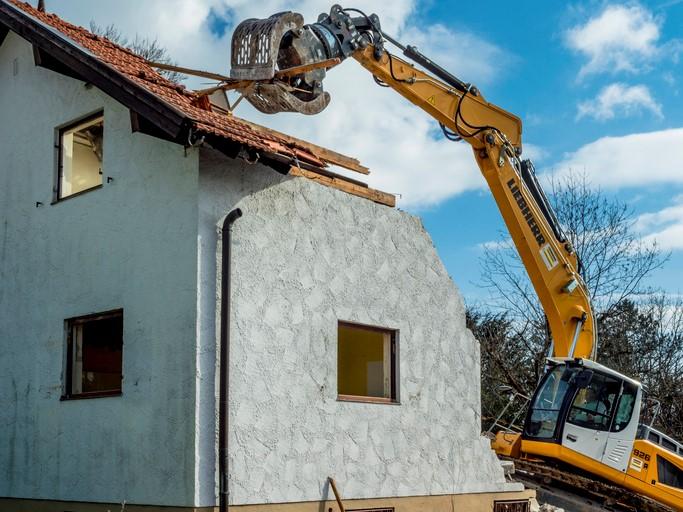Effective communications support various institutional objectives, from fundraising and student recruitment to influencing policy and expanding research impact. But the voices that represent universities in the public sphere are overwhelmingly white. This, coupled with the fact that Black academic staff make up only 1 per cent of professors in the UK, among others, perpetuates the false perception that Black and minority ethnic (BME) researchers make little or no contribution to scientific discovery and research. It is, therefore, vital for institutions to ensure that they provide opportunities for BME researchers and PhD students to speak about their work and showcase their expertise both inside and outside academia.
In response to this, Imperial College London started the Imperial As One Media Academy to offer expert communications training to BME staff and PhD students. It aims to increase the number of media-trained individuals from BME backgrounds to help them magnify the impact of their work and raise their profiles.
Since 2020, we have trained more than 100 researchers, with alumni going on to make media appearances, pen blogs and speak on podcasts. A great example is a recent feature in The Observer, in which Mehdi Saeidi spoke about his work transforming treatment for injured people in crisis zones.
The Imperial As One Media Academy comprises five workshops, from which we highlight five ways that researchers and PhD students from BME backgrounds can amplify the impact of their work. They are as follows:
Engage with the media
Whether it’s a quick phone call with specialist press or a national TV interview, engaging with the media can raise awareness of your work among the public and policymakers. It remains one of the most effective ways to expand the reach of your research findings, provide expertise on a topical issue and communicate difficult messages to a wider audience.
Doing interviews can be overwhelming and daunting, especially if you don’t have much experience. But remember that journalists just want you to help them break down complex information. With enough practice, you can become a reporter’s “go-to” expert on a particular topic.
Get social
You can use social media to publish videos, images and text that communicate key aspects of your work in original and accessible ways. Understanding how social media platforms work and choosing the right one is important. For example, many academics primarily use X, so learning to distil your research into bite-sized threads or short videos is key.
Tips include thinking about your target audiences and what they might find most interesting about your findings, avoiding technical jargon and explaining your research the same way you would to your friends. Ensure that there is a beginning, a middle and an end.
Social media platforms expose content producers to abuse, so staying safe online is important. Don’t be afraid to block or mute people who leave unpleasant comments on your posts.
- Resource collection: Being Black in the academy
- Backing Black scholars: here’s how universities can do better
- Fool’s gold: career advice for young, Black academics
Flex your writing skills
Writing articles is a great way of showcasing your expertise. Ensure that you do so in a clear and accessible way. A couple of ways to get involved in writing include contributing to your institution’s blog or writing a letter in response to a news article relevant to your area of work. Short and to-the-point letters are more likely to be published; aim for fewer than 200 words.
It’s best to write your articles from a particular point of view, which can be difficult for researchers who have had objectivity drummed into them, but if you provide a new slant on something, your work is more likely to be widely read.
As your profile and confidence grow, you may be offered opportunities to write opinion pieces for news outlets. This is a great opportunity to contribute to a topical issue, spark debate and influence change.
Get talking
Podcasts have experienced phenomenal growth in recent years, especially with younger and more diverse audiences. They are excellent at reaching specific audiences with niche interests, and presenters are always on the lookout for guests, so be bold and approach them.
Whether you are interested in appearing on podcasts or have an idea for your own, it’s important to practise interview techniques. When listening to a podcast, put yourself in the host’s shoes and predict the questions they will ask next; imagine how the guest would answer the questions.
Influence policy
You can get started having discussions with policymakers early in your career. Try the following:
Areas of research interest lists can be a good place to start. Government departments issue these to encourage the research community to get in touch if they have relevant findings in areas of interest such as public health.
The Parliamentary Office of Science and Technology offers another route to showcasing your expertise to policymakers. It ensures that the right information and evidence goes into policy briefings available to MPs and organises outreach activities such as networking events. Subscribe to its weekly email round-up to stay updated when new opportunities arise.
You can also identify MPs and policymakers likely to share your interests by using the search tool TheyWorkForYou. One of our graduates used it to find out about a parliamentary event directly related to her research. She attended the event and made important contacts that could pave the way for her research to inform future policy.
Finally, many UK universities have public affairs and policy engagement teams keen to learn about and share the work of their institution’s researchers. Connecting with these teams and outlining your areas of expertise can lead to opportunities to contribute to calls for evidence and speak at briefings, workshops and events for policymakers.
The inaccurate notion that BME researchers do not contribute must be addressed. Researchers have a wealth of tools and opportunities to share their work and, in doing so, can increase its impact, boost representation and inspire the next generation of BME academics.
Maxine Myers is a communications manager at Imperial College London.
Imperial College London is shortlisted for Outstanding Contribution to Equality, Diversity and Inclusion at the Times Higher Education Awards 2024 #THEAwards. A full list of shortlisted candidates can be found here.
If you would like advice and insight from academics and university staff delivered direct to your inbox each week, sign up for the Campus newsletter.




comment